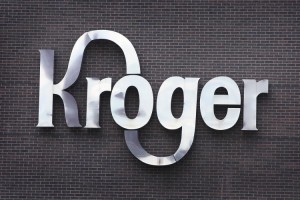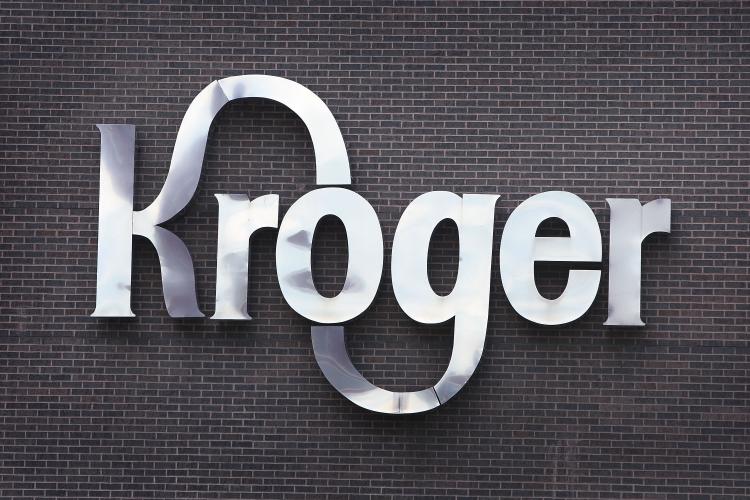
Traditional supermarkets are known for their razor-thin margins and low sales and profit growth. But Kroger (NYSE:KR) is helping change that perception.
The Cincinnati-based company operates more than 2,800 supermarkets, convenience stores and jewelry stores under local names that include its namesake Kroger as well as Food 4 Less, Fred Meyer and Ralphs. It also runs supermarket fuel centers and food processing plants.
While its profit margins are still thin, the chain has grown its earnings per share at a double-digit clip in nine of the past 10 quarters, and it is forecast to post a 15% increase in the current period. Sales gains have come in at 10% and 12% the past two quarters, with analysts expecting 10% growth this quarter as well as in fiscal Q1.
Last month, Kroger topped views with fiscal Q2 EPS that rose 17% on a 12% rise in revenue. The firm narrowed its full-year 2014 profit guidance to $3.22-$3.28 from the $3.19-$3.27 it saw earlier. The new guidance yields a higher midpoint, though it's below consensus forecasts for $3.29.
What's helping fuel growth, somewhat ironically, is a surge in organic and natural food sales. Where pure-play natural food chains like Whole Foods Market (NASDAQ:WFM) had been eating traditional grocers' lunch, Kroger is now enjoying a growing slice of the natural foods market.
Natural foods are a $4 billion to $5 billion category for Kroger, according to Jefferies analyst Mark Wiltamuth, and it's growing at a double-digit rate.
Bottom line, the analyst emphasizes the belief that Kroger should not expect any material impact on EBIT growth or earnings per share growth due to a slowdown in food inflation.
Please Read this Article at NaturalBlaze.com





Leave a Reply